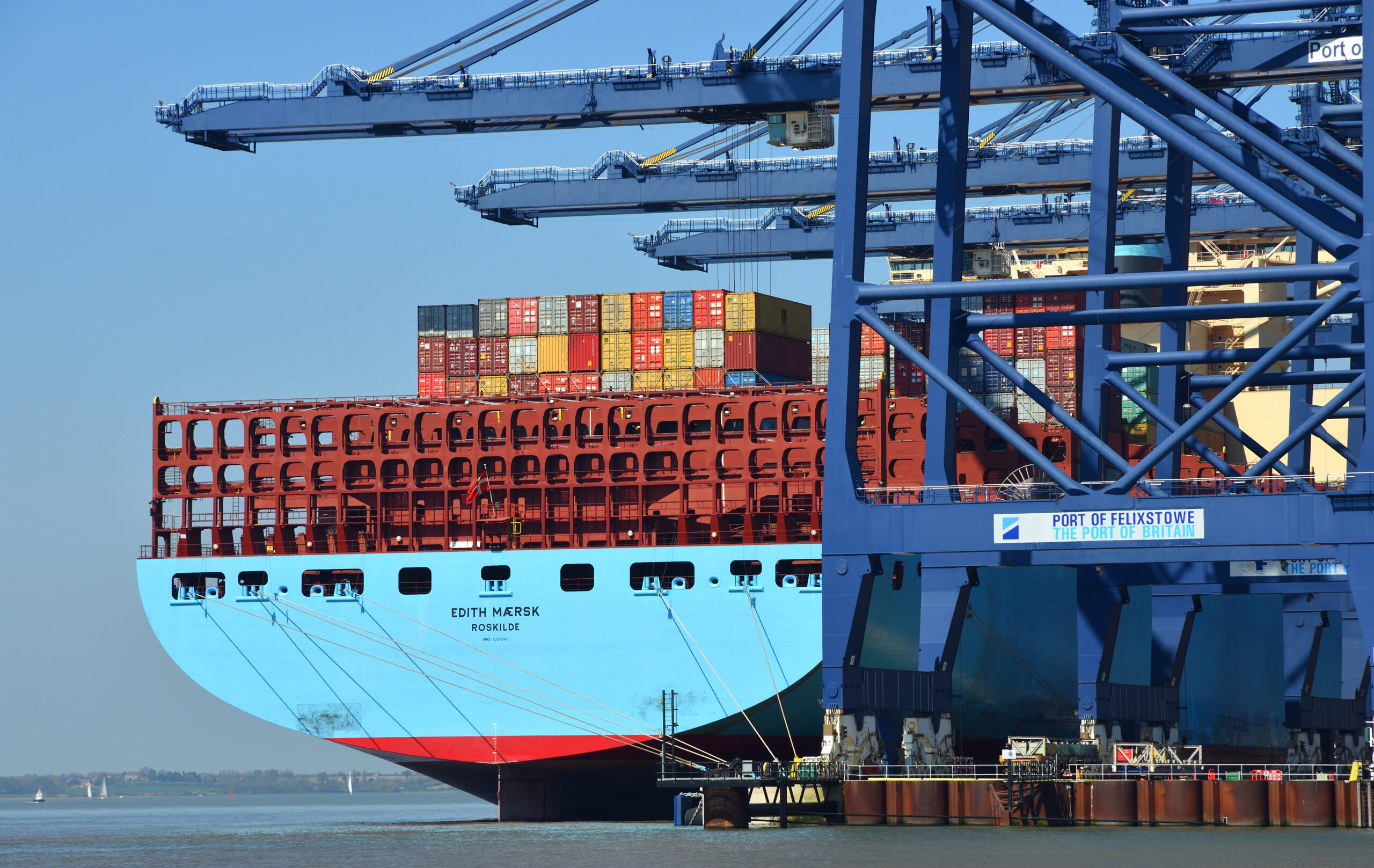Mitsubishi Shipbuilding, a subsidiary of Mitsubishi Heavy Industries (MHI), and Nippon Gas Line (NGL) have obtained Approval in Principle (AiP) from ClassNK for a low-pressure liquefied CO2 (LCO2) carrier designed for coastal transportation. The newly approved vessel will transport CO2 from small-scale carbon capture sites to larger terminals for international shipping or sequestration.
The AiP follows a joint concept study conducted as part of the Japanese Advanced CCS Projects under the Japan Organization for Metals and Energy Security (JOGMEC). NGL is actively participating in the ‘CCS Engineering Design Work in Sarawak, Malaysia’ project, which aims to establish a robust maritime CO2 transportation scheme for carbon capture and storage (CCS) initiatives.
Through its shipbuilding division, MHI is addressing the growing demand for specialised CO2 transportation vessels as countries and industries commit to strategies for reducing greenhouse gas (GHG) emissions. As international regulations become increasingly stringent, the development of LCO2 carriers becomes a pivotal enabler of large-scale CCS initiatives.
The AiP assessment was conducted in accordance with the International Code for the Construction and Equipment of Ships Carrying Liquefied Gases in Bulk (IGC Code) and ClassNK’s classification rules for gas carriers.
The development of innovative designs for highly versatile and small-scale LCO2 carriers will facilitate the consolidation of CO2 captured from various domestic sites at major terminals. This will support more efficient large-scale shipping to storage or utilisation sites overseas as part of a robust CCS value chain.



